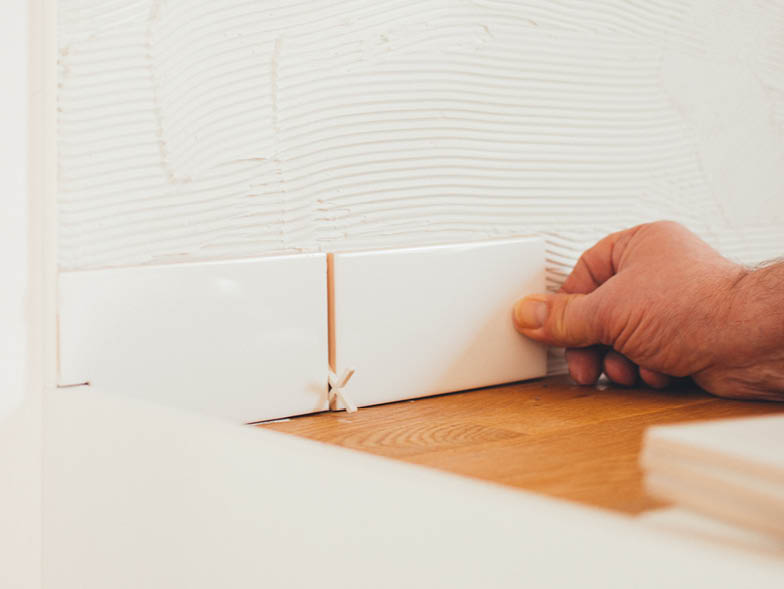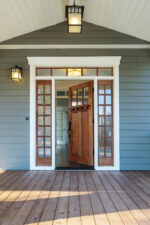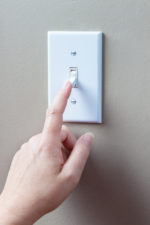Creating a Recession-Proof Home
Whether you are a buyer looking for a new home or a homeowner considering listing your home, it’s important to make smart decisions now in order to weather whatever comes next. Here are some ways to ensure that your home is a financial asset and not a liability.

Prioritize equity building
If you are considering buying a home, it’s essential that you put together the most generous down payment possible. Setting aside money for new furniture or landscaping? Put that off in favor of bulking up your down payment now.
Once you buy, go through the home inspection report and look for repairs and upgrades suggested that will immediately add value to your home. Invest in cost-effective improvements that make the home itself worth more and contribute to increasing equity.
If your income is stable, put off discretionary spending in favor of adding to your emergency savings and making extra payments to the principal on your mortgage. This may also be a good time to create the ability to tap into your home’s equity through a HELOC (home equity line of credit). While you don’t want to use those funds today, they may come in handy down the road in the event of a temporary financial setback.
Create rental potential
If you have reason to believe that your income could be reduced or interrupted in the future, now is the time to consider whether you have a space that could affordably be converted into a rental property. A garage apartment, in-law or au-pair suite, guest house, or carriage house may allow you to create an additional revenue stream that you can apply to paying your mortgage each month with minimal initial investment.
If you are a single homeowner, now is the time to consider taking in a roommate in order to share expenses and put more money toward your mortgage principal. If you’re just beginning the buying process, you may want to prioritize properties with investor potential, like duplexes, triplexes, and quads, or properties with guest quarters and separate entrances. This type of potential helps you build a revenue stream that can help to support you through any future economic downturns.

Shop home warranties
If you are experiencing job loss or a reduction in income, an unexpected expense like a roof repair or HVAC replacement could be the difference between keeping your head above water and drowning in debt. If you don’t already have a home warranty, begin shopping around and find one that offers you protection from unforeseen expenses.
If you are a buyer, consider asking for a home warranty as part of your purchase. This will offer you added peace of mind and help you avoid unexpected surprise costs during your first year of home ownership. Set aside funds to pay your deductible in case you have to make a claim against your home warranty coverage.
Consider refinancing
By lowering your payments through an interest rate reduction, you may be able to make your home more affordable each month. Alternatively, if your income appears to be holding steady, explore the possibility of refinancing into a 15-year mortgage rather than your current 30-year. This will allow you to build equity faster—offering an additional hedge against recession.

Consult on smart improvements with your real estate professional
If you are currently a homeowner, sit down with your real estate professional and talk about the current market. Consider what improvements you can make that are affordable and value-added. These can increase your home’s value and add equity you can tap into in the event of a financial downturn.
Your real estate agent or broker knows the difference between must-have, nice-to-have, and no-big-deal home improvements. There’s no point in spending your resources on designer trends that do nothing to improve your bottom line.
According to a study from Remodeling magazine, the top five least expensive home repairs with the biggest return on investment (ROI) include:
- Steel Entry Door Replacement (68.8% ROI)
- Garage Door Replacement (94.5% ROI)
- Expanded Entrance (53.3% ROI)
- Manufactured Stone Veneer (95.6% ROI)
- Vinyl Siding Replacement (74.7% ROI)
By working with your real estate professional, you’ll learn what updates and upgrades buyers in your market are looking for right now—and what makes the difference when you’re looking to increase your home’s price and marketability. You’ll also avoid pricing yourself out of the market with over-the-top updates that will never provide sufficient return on investment.
If you’re like most Americans, a home is your single biggest investment. Make it count by keeping an eye on the bottom line and seeking out expert advice. Social distancing means we’re all spending more time at home—so it’s time to put that home to work for you.


















